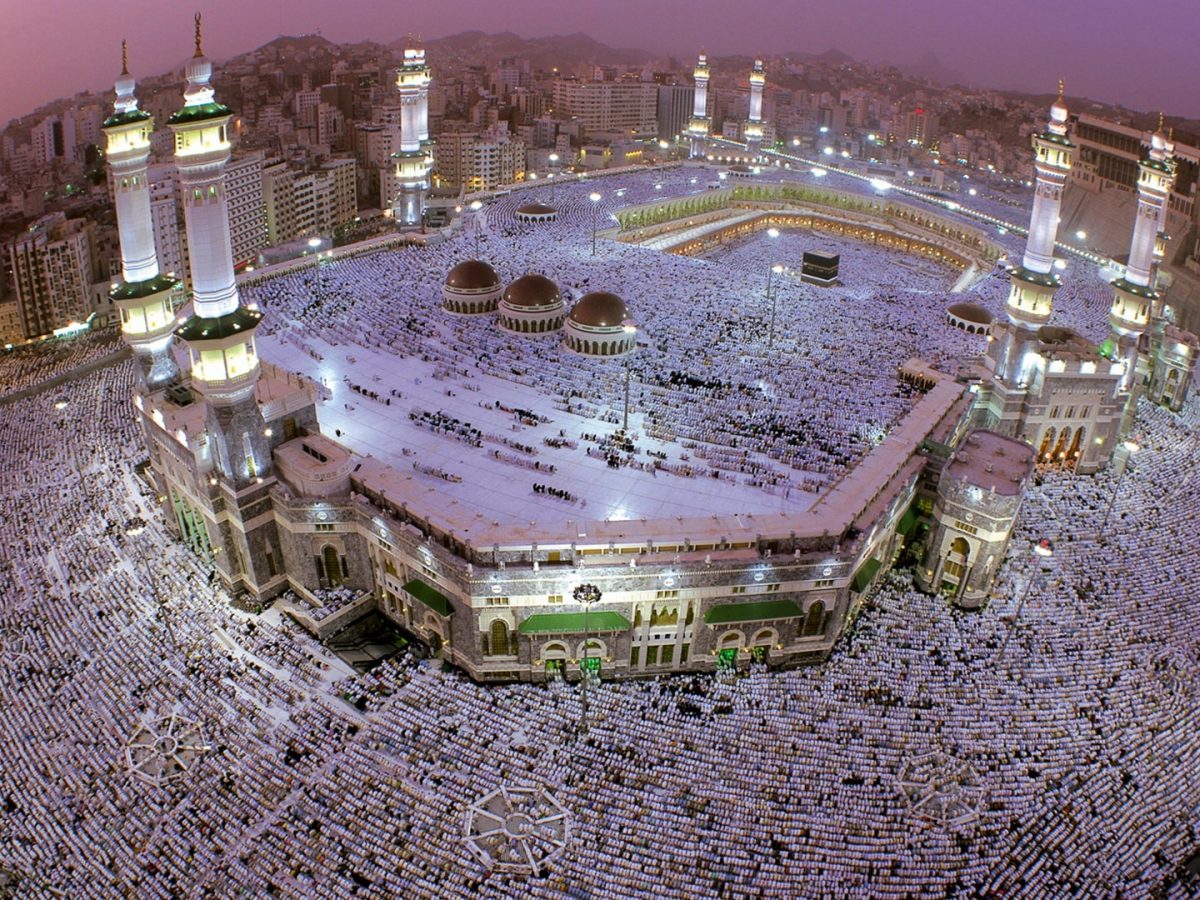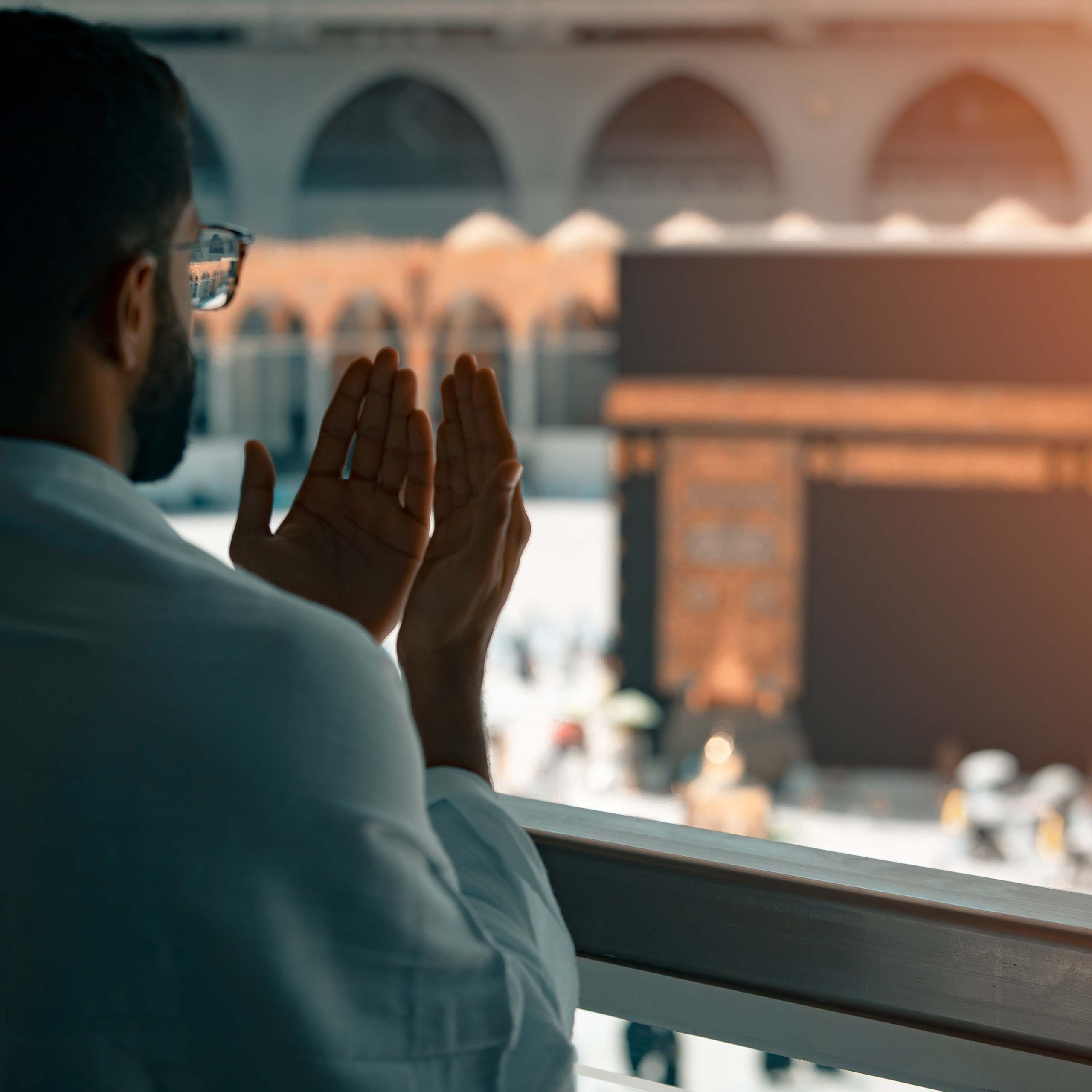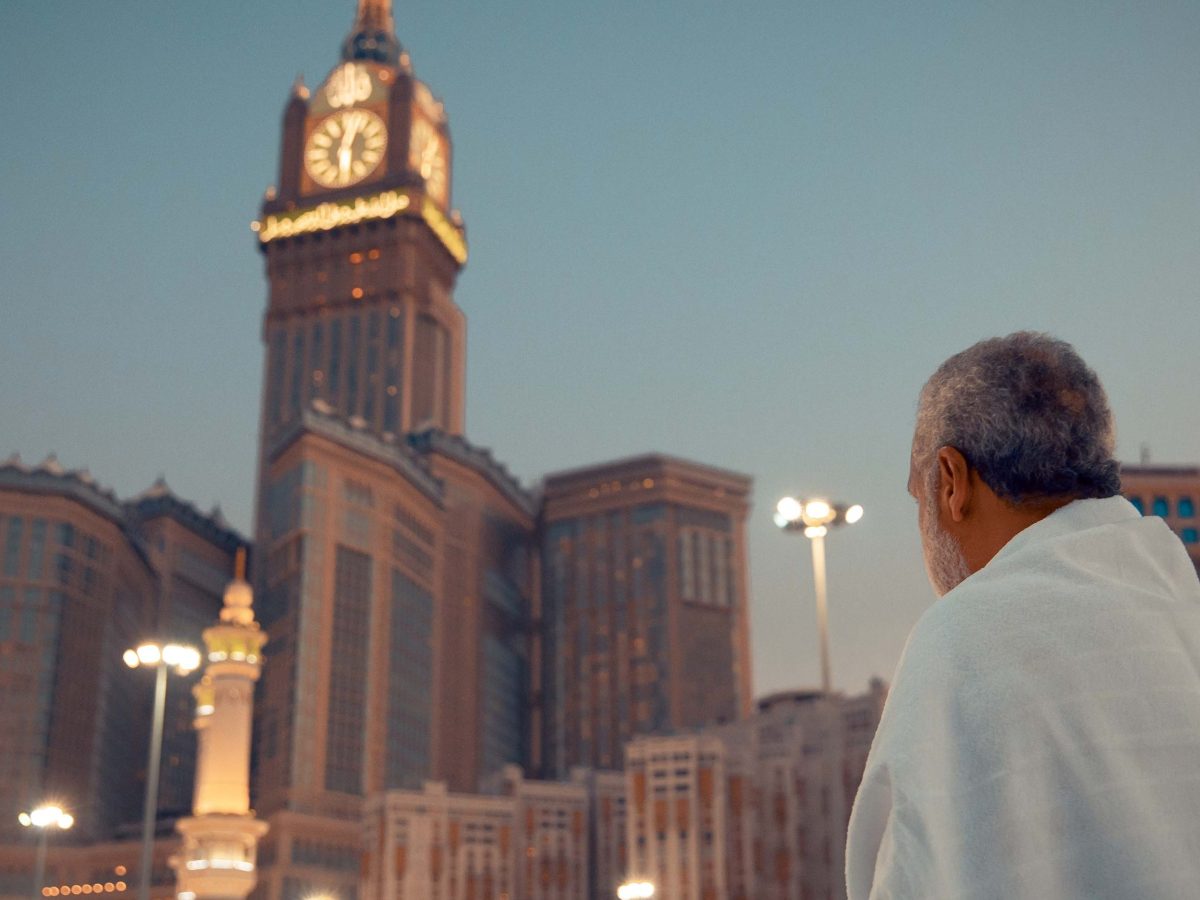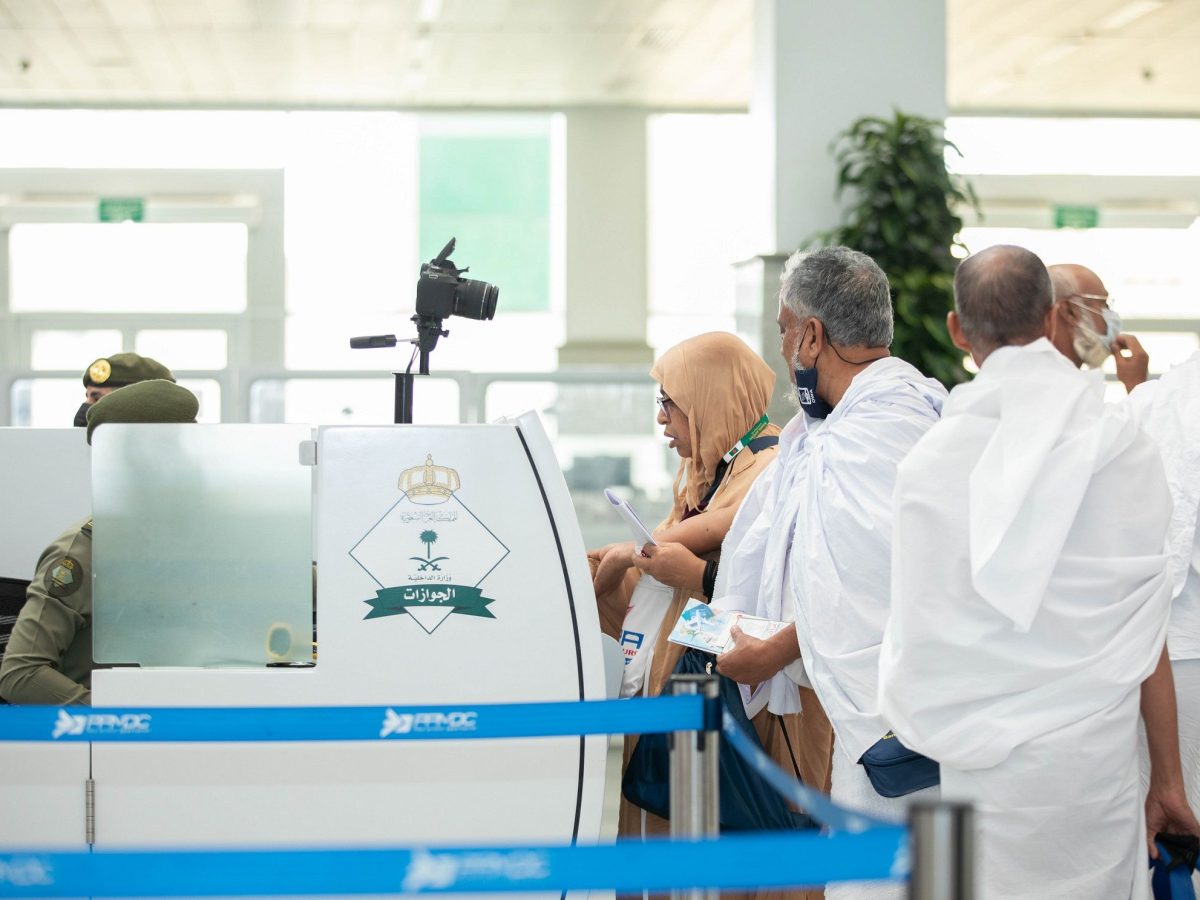
















Mecca, known as Makkah al-Mukarramah in Arabic, is a city of profound significance for Muslims worldwide. Situated in the Hejaz region of Saudi Arabia, it is regarded as the holiest city in Islam and serves as a spiritual center for over 1.9 billion Muslims.
Mecca’s history dates back thousands of years and is deeply intertwined with Islamic tradition. It is believed to be the birthplace of Prophet Muhammad (peace be upon him) in 570 CE. Long before Islam, Mecca was a major trade hub and a religious center for Arabian tribes, housing the Kaaba, a cube-shaped structure central to Islamic worship.
Muslims believe that the Kaaba was originally built by Prophet Ibrahim (Abraham) and his son Ismail (Ishmael) as a house of worship for the One God. Over time, however, it became surrounded by idols. Prophet Muhammad later restored it to monotheistic worship during the early Islamic period.


Mecca is home to the Masjid al-Haram (The Sacred Mosque), which surrounds the Kaaba. The Kaaba serves as the qibla, the direction Muslims face during their daily prayers.
Every Muslim who is physically and financially able is required to perform the Hajj pilgrimage to Mecca at least once in their lifetime. The Hajj, which occurs annually during the Islamic month of Dhul-Hijjah, is one of the Five Pillars of Islam. The rituals of Hajj commemorate key events in Islamic history, including the trials faced by Prophet Ibrahim and his family.
Apart from Hajj, millions of Muslims also visit Mecca for Umrah, a non-mandatory pilgrimage that can be performed any time of the year.
Today, Mecca is a thriving city with a population of over two million residents, a number that swells dramatically during Hajj. The city has undergone significant modernization, with towering hotels, shopping malls, and infrastructure designed to accommodate millions of pilgrims.
The Abraj Al-Bait Towers, a complex that includes the iconic Makkah Clock Tower, is one of the tallest buildings in the world and overlooks the Grand Mosque. Despite these developments, Mecca remains a deeply spiritual place, drawing believers from diverse backgrounds to experience its sacred atmosphere.


As a mark of its sanctity, only Muslims are allowed to enter Mecca. Visitors are expected to follow strict guidelines of modesty, prayer, and respect for the spiritual practices observed in the city.
Mecca continues to symbolize unity and faith, serving as a reminder of the shared beliefs and heritage of the global Muslim community.
